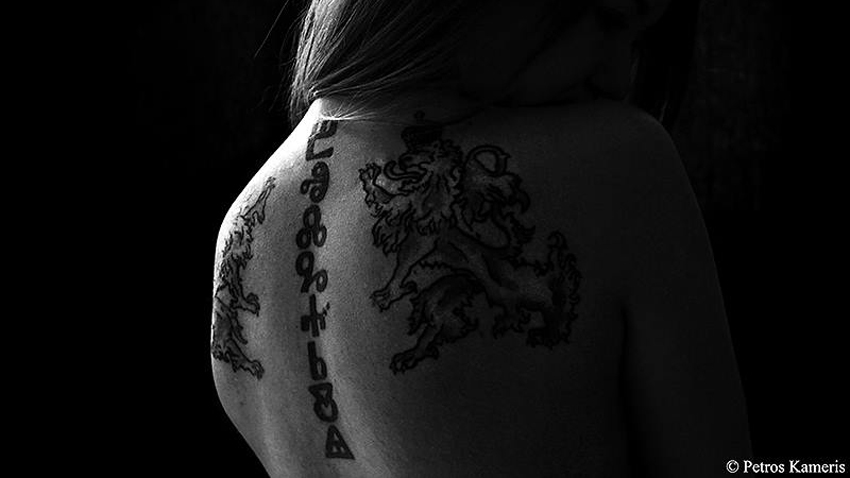The number of young people, leaving this country has never been subject of any statistics, but we know that about 1/10 of the high school graduates /5,000 – 6,000 students/ legalize their diplomas with the ministry of education each year, most likely with the idea to study at foreign universities. The large scale emigration of people, aged mainly 25 – 50 has a dramatic impact on Bulgaria’s economic and political systems. Petya Ilieva is 25 and a bachelor in psychology at the St. Kliment Ohridski University, where now she studies for her master degree in Psychology of Labor Organization. Is it possible that young people get motivated to stay and is it an easy decision?
“This choice of mine has never been questioned, as I have always wanted to live in Bulgaria”, Petya explains. “I had to spend time in Greece and Germany some time ago, but I didn’t like it. I have always wanted to develop my skills here. My current job is in the HR selection sphere – it is a pretty responsible thing, as both the applicants and our customers – Bulgarian and foreign companies, should be satisfied.”
Petya is involved in different volunteer campaigns in her leisure time. She belongs to the volunteer formation of the Sofia Municipality’s Firefighting Dept. In 2014 she didn’t hesitate for a moment and took part in the mission after the floods in the Asapruhovo neighborhood near Varna and also in Mizia /northwest Bulgaria/. She remembers how the locals drank coffee at the café and look with surprise at the dozen of young people, covered with mud and soot, walking in their boots under the burning sun. They asked them how come they traveled all the way from Sofia. Petya is also sensitive towards the problems of the Bulgarian communities abroad and in her opinion the state doesn’t care enough, in terms of financing of Bulgarian schools and community centers and their activities in other countries. The young girl is also interested in Bulgarian history, full of heroic and tragic moments. She believes that we should be proud of the fact that we have managed to preserve our nation as an ethnic element, still continuing to exist. The young lady has a bit strange, to some people, way to express her patriotism…

“I began with the tattoos at the age of 19. My first tattoo was the Pliska rosette – an ancient totem of the Dulo dynasty – the establishers of the Bulgarian state. Then Bulgarian embroidery followed on my left wrist and a Glagolitic inscription, saying: Time Passes by, Bulgaria Remains. Then the two lions of the old blazon etc. – a total of 7 tattoos, all related to my country. I dream about the welfare of this people. I dream about young people, motivated to stay and not being ashamed, when they go abroad. I dream of us being proud with our Bulgarian origin, with the fact that we are perhaps the heirs of the oldest nation in Europe, of the country that has never changed its name after its establishment in 681. This territory has been Bulgaria as of more than 1,300 years now. My slogan: Forward and Up,” the girl says in conclusion.
English version: Zhivko Stanchev
Europe Day or Victory Day? May 8th or May 9th? It is not that we do not constantly encounter socially divisive topics, and the current date – May 9th celebrating the victory over Nazi Germany in 1945 in World War II also causes debates in Bulgaria year..
The FameLab International Science Communication Competition aims to discover, train and give a platform to the world’s most promising new scientists. The competition was created in 2005 by the Cheltenham Science Festival, the largest and most..
"United We Stand" - Bulgaria's national motto - will be put into action on May 8 by the Bulgarian community in New York City, amid the realities of the times and the distance from home. At 7 pm local time, the Bulgarian Consulate General and the NYC..
There is a special workshop for pottery - of the royal kind – used by the boyar families from the time of the Second Bulgarian Kingdom (12 th – 14 th..
Bulgarian students from both Bulgaria and the USA embarked on a journey to trace the history of Bulgarian-Americans, spending two years researching the..
In the early 1960s, it was concluded that Bulgaria’s water resources were insufficient to meet the needs of agriculture. As a result, large-scale..

+359 2 9336 661
